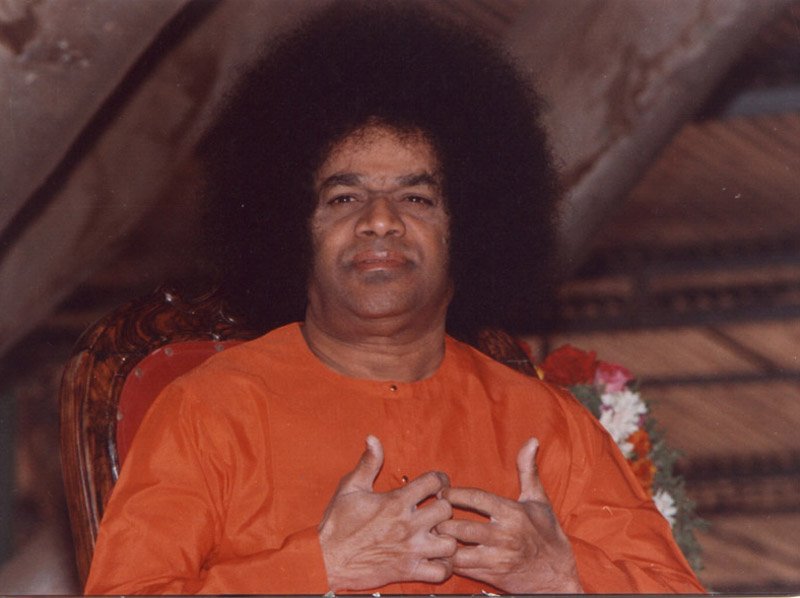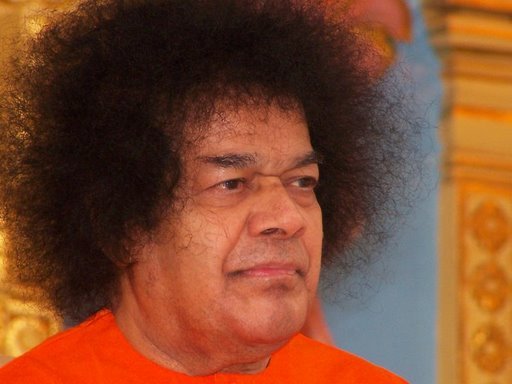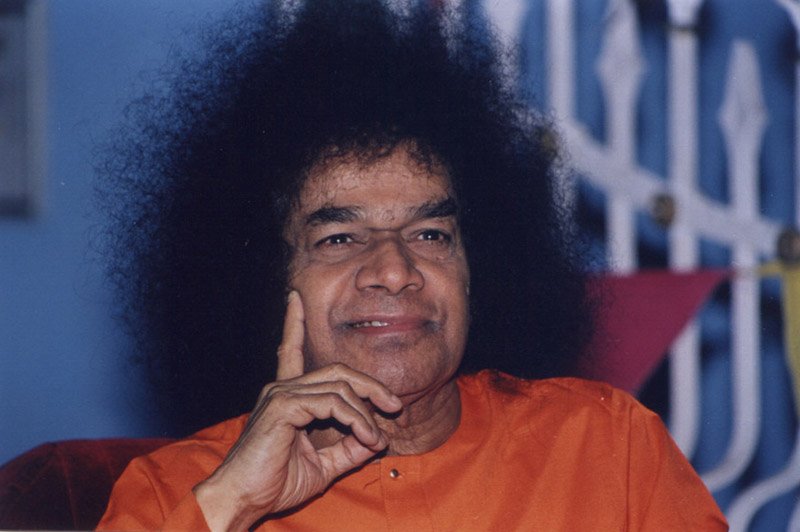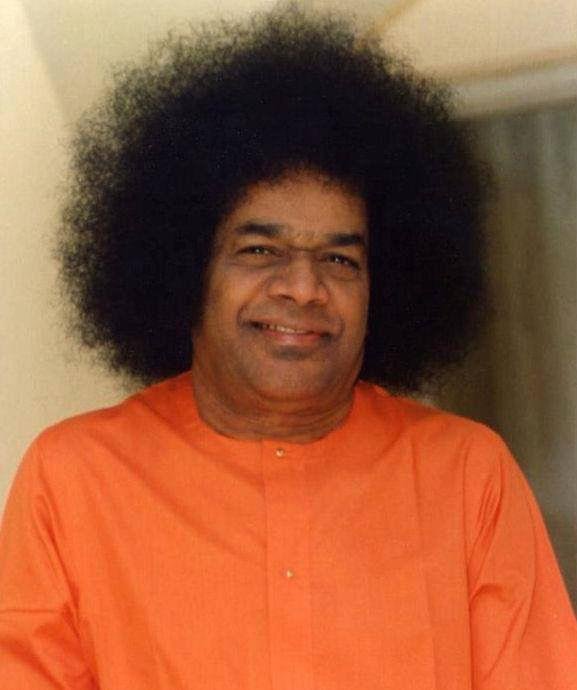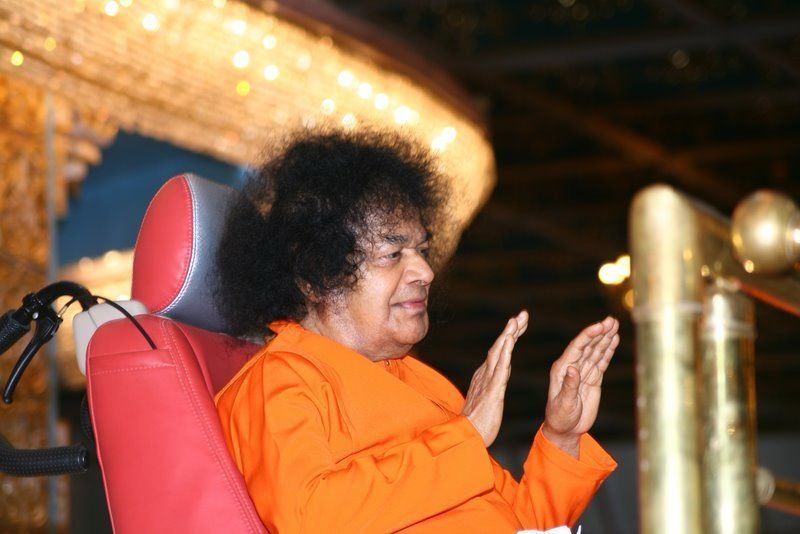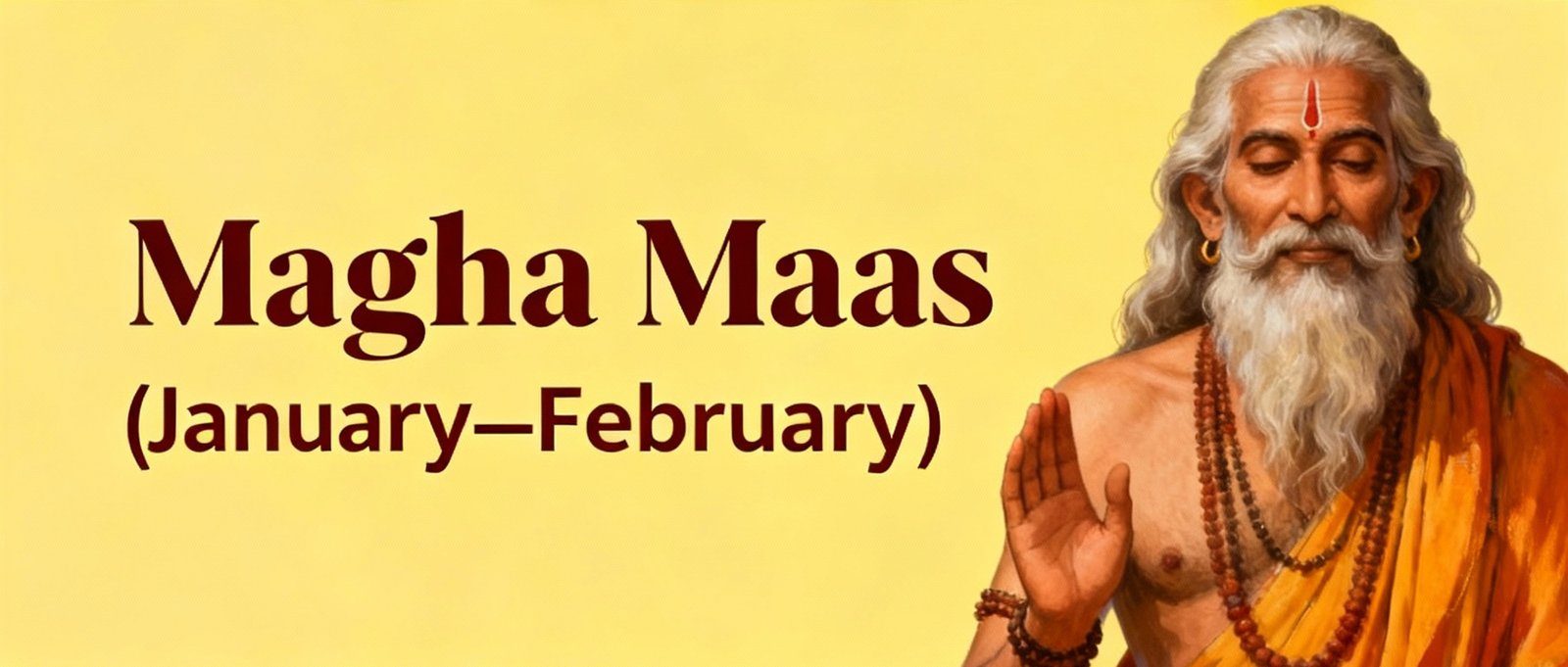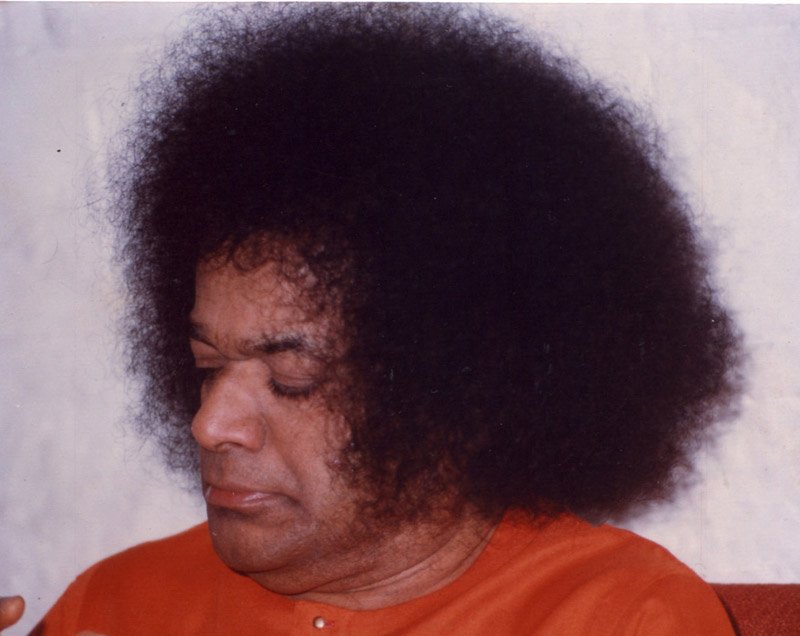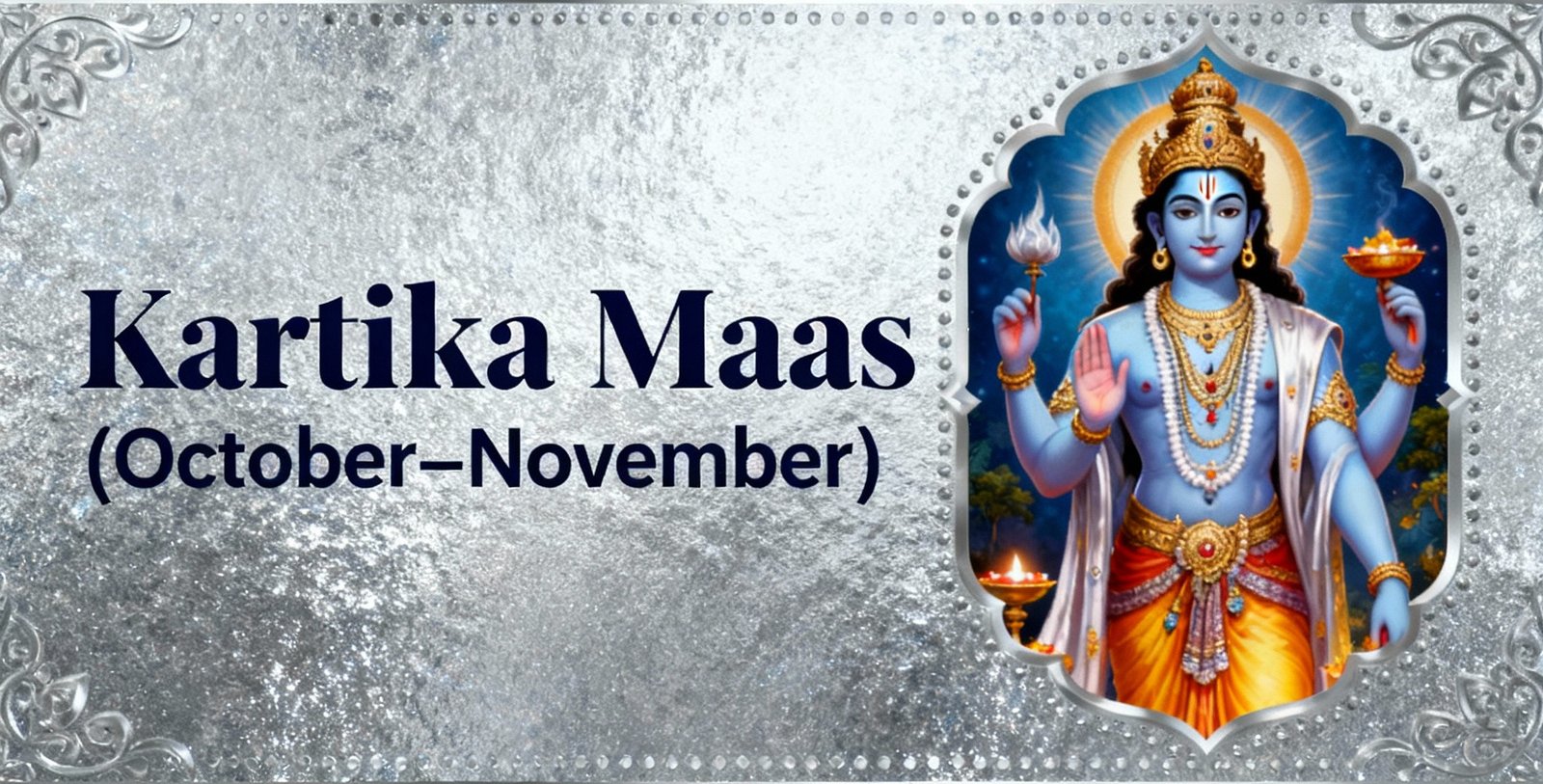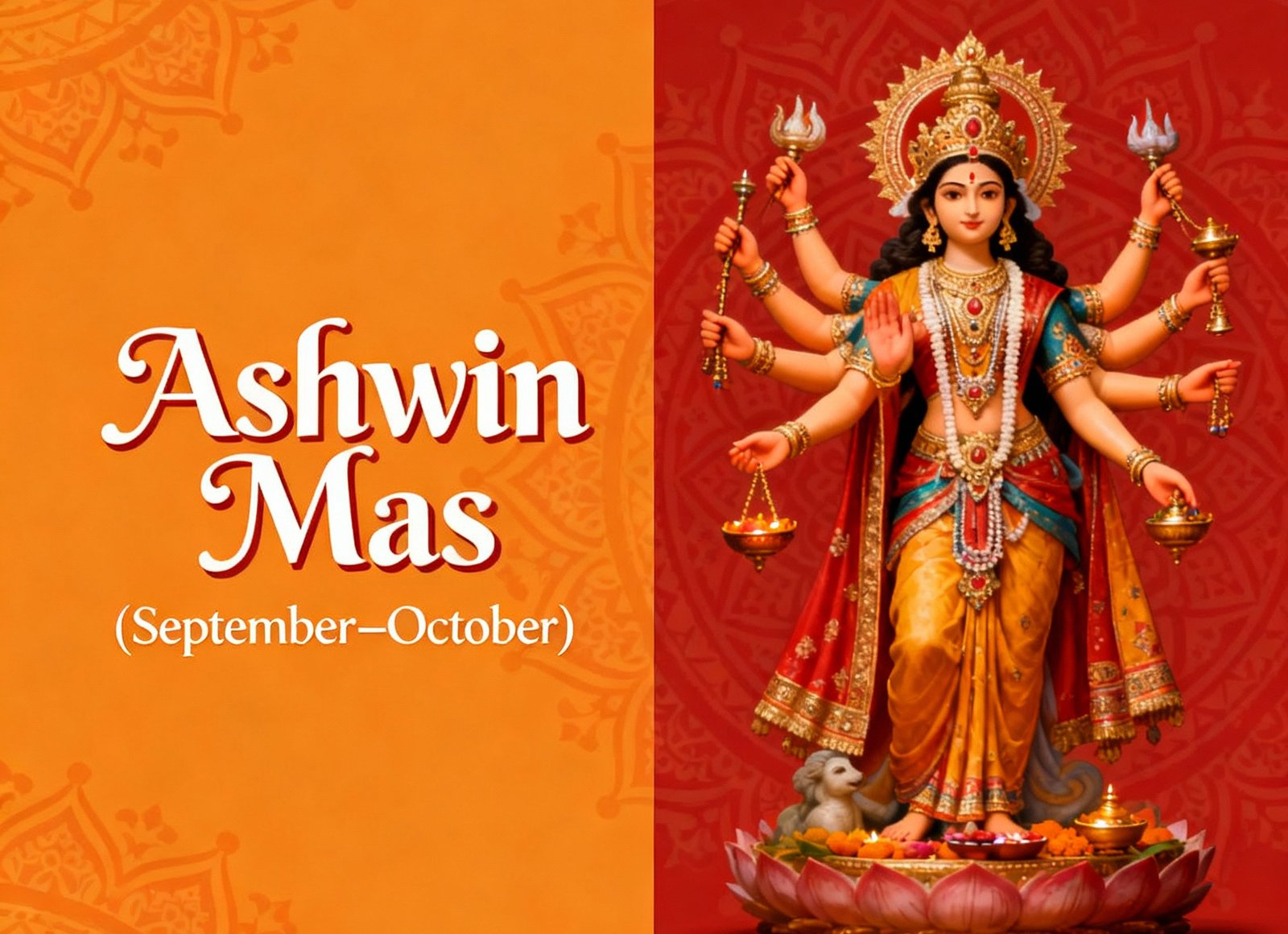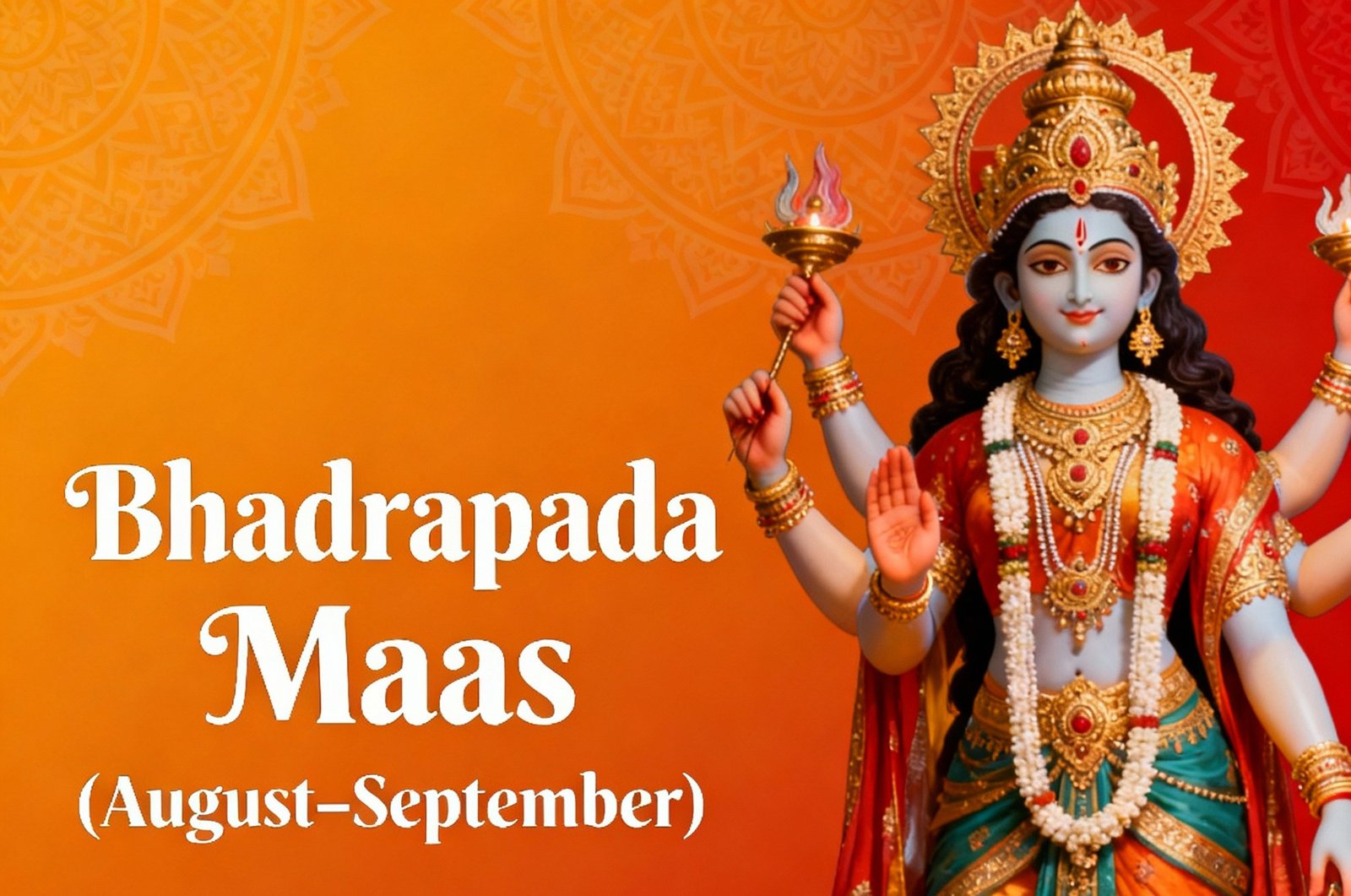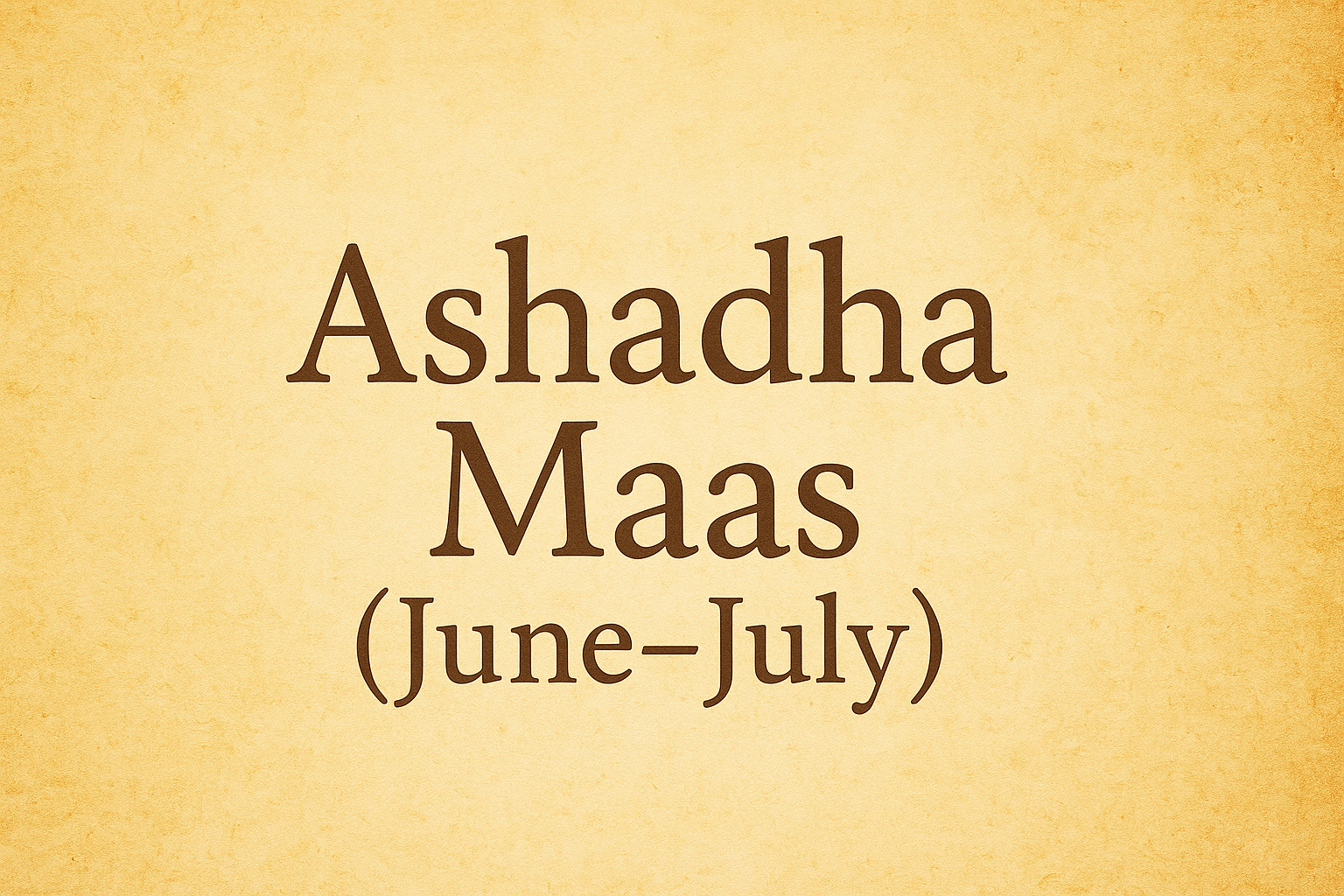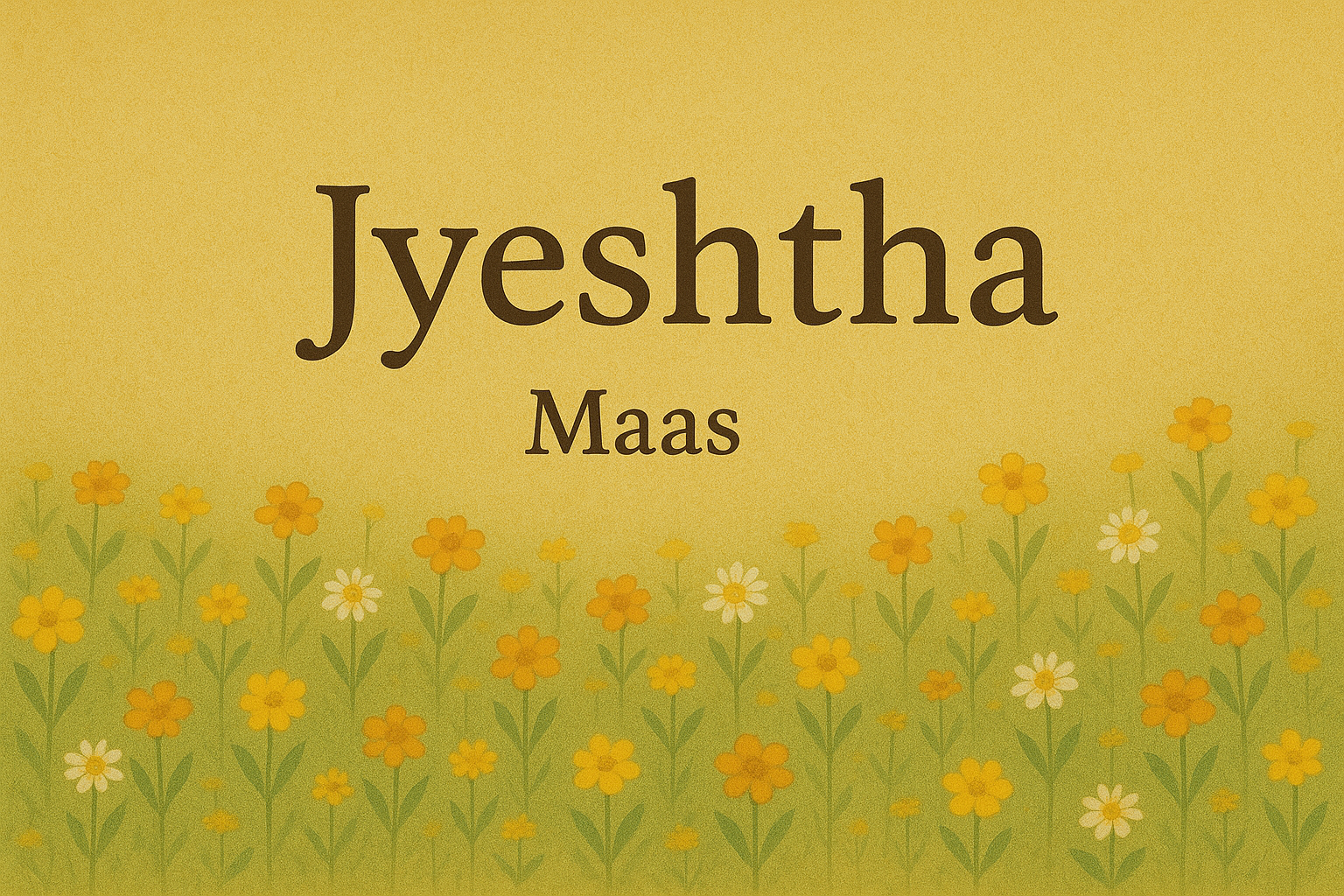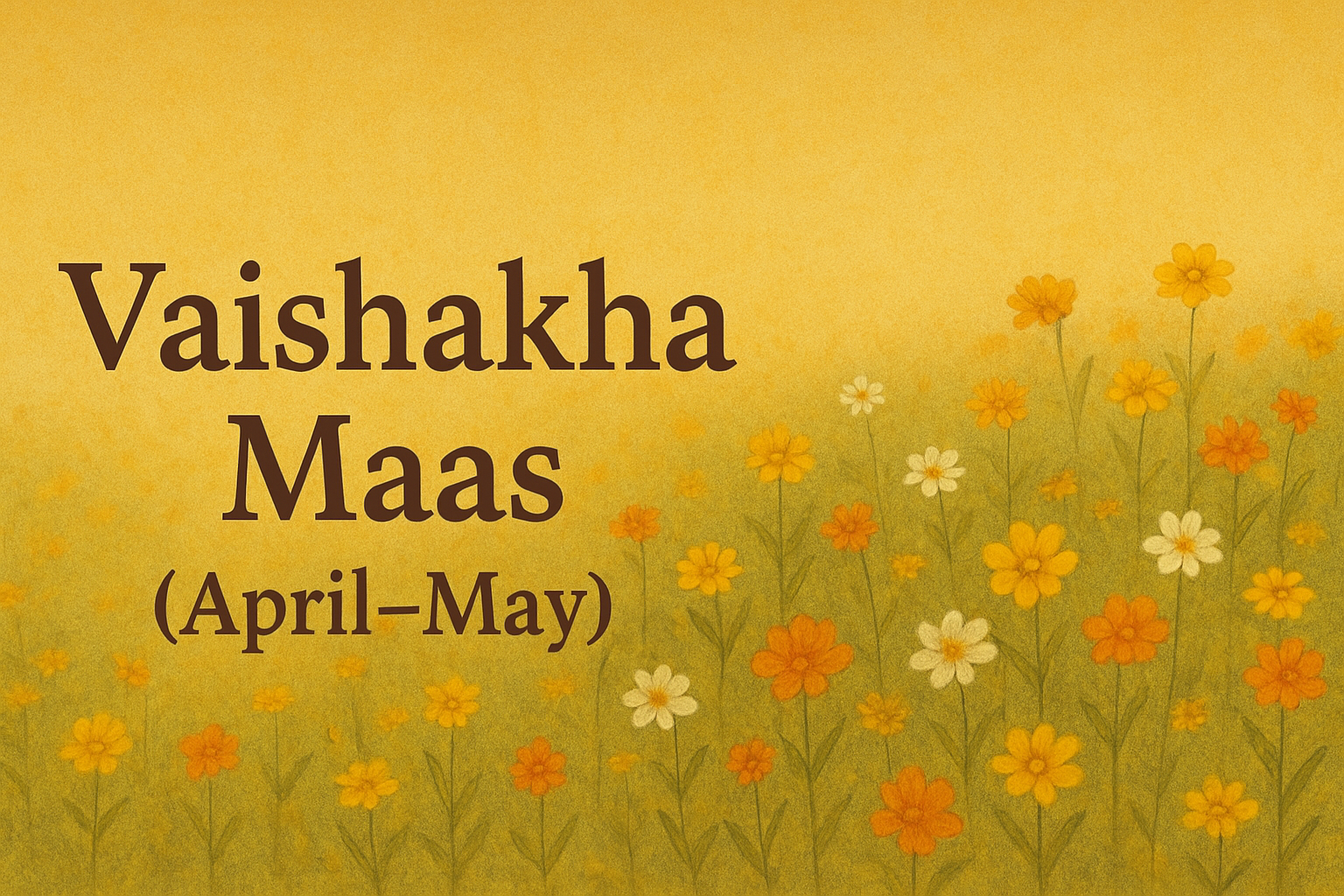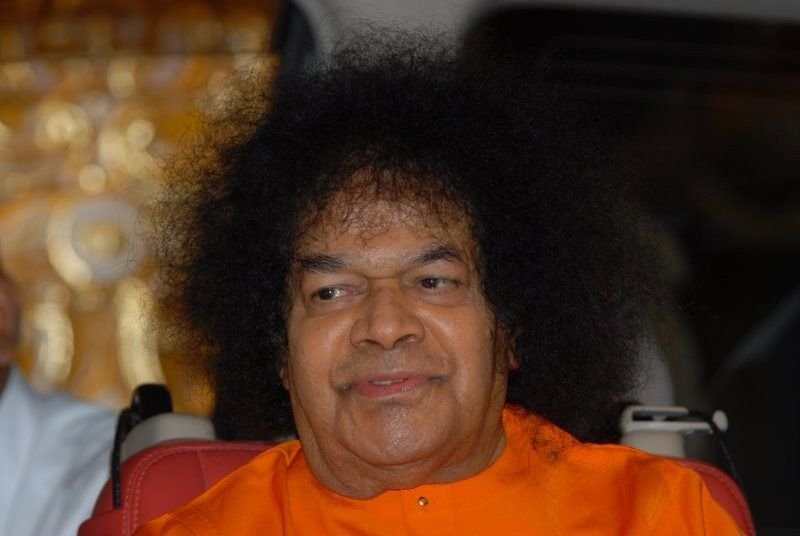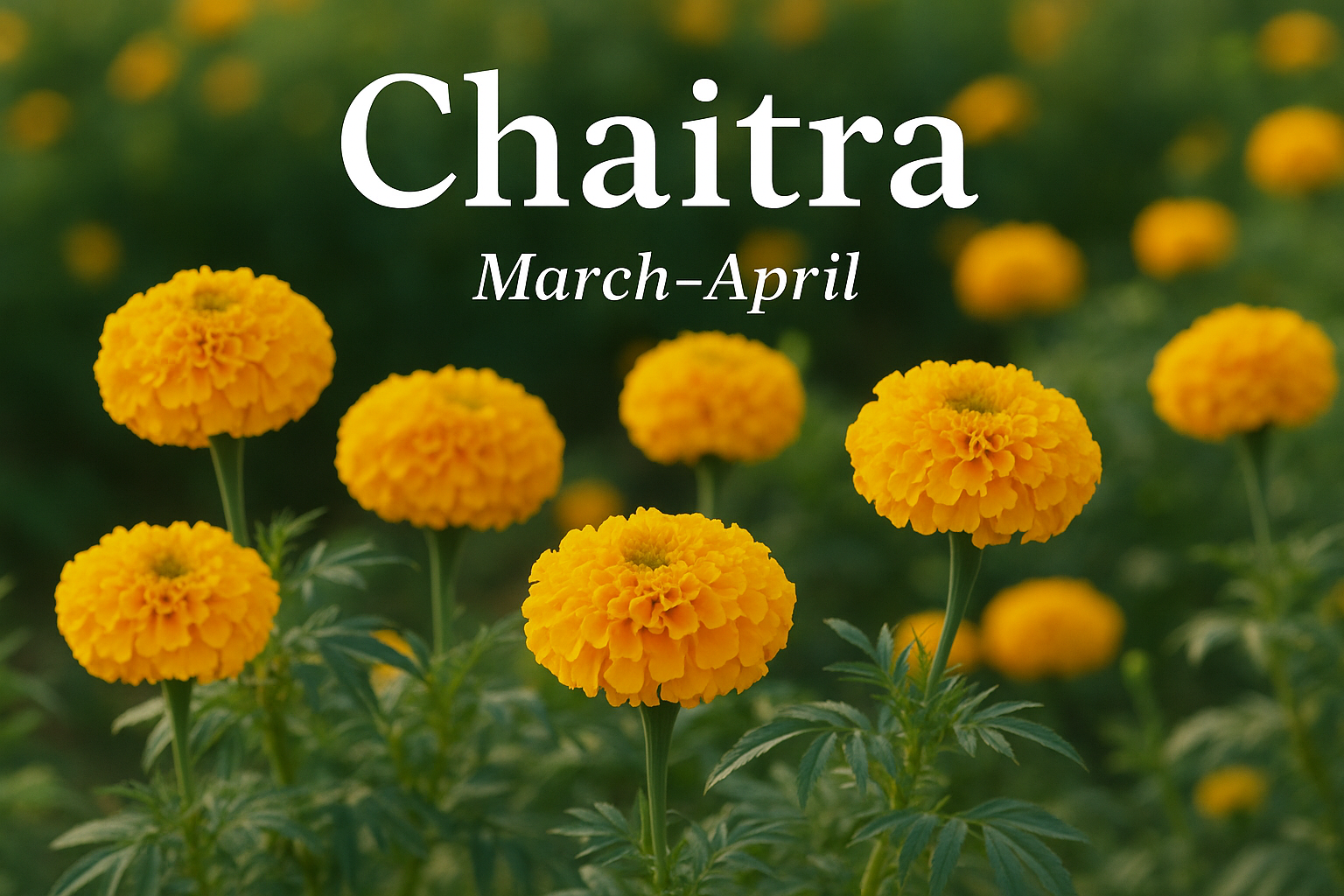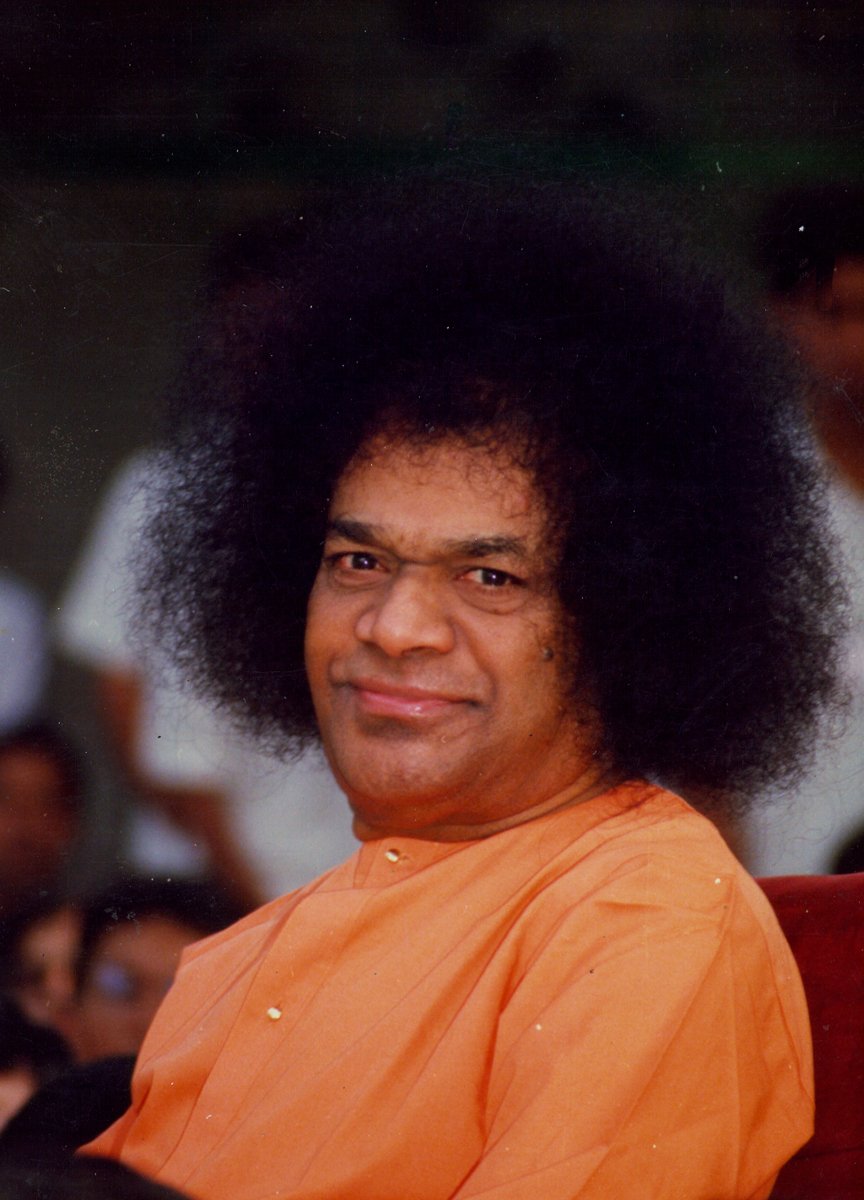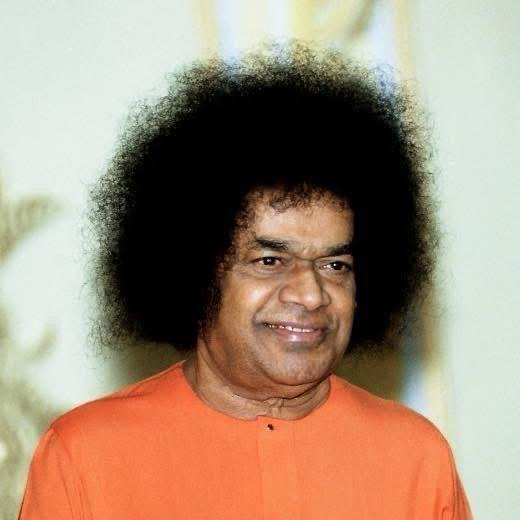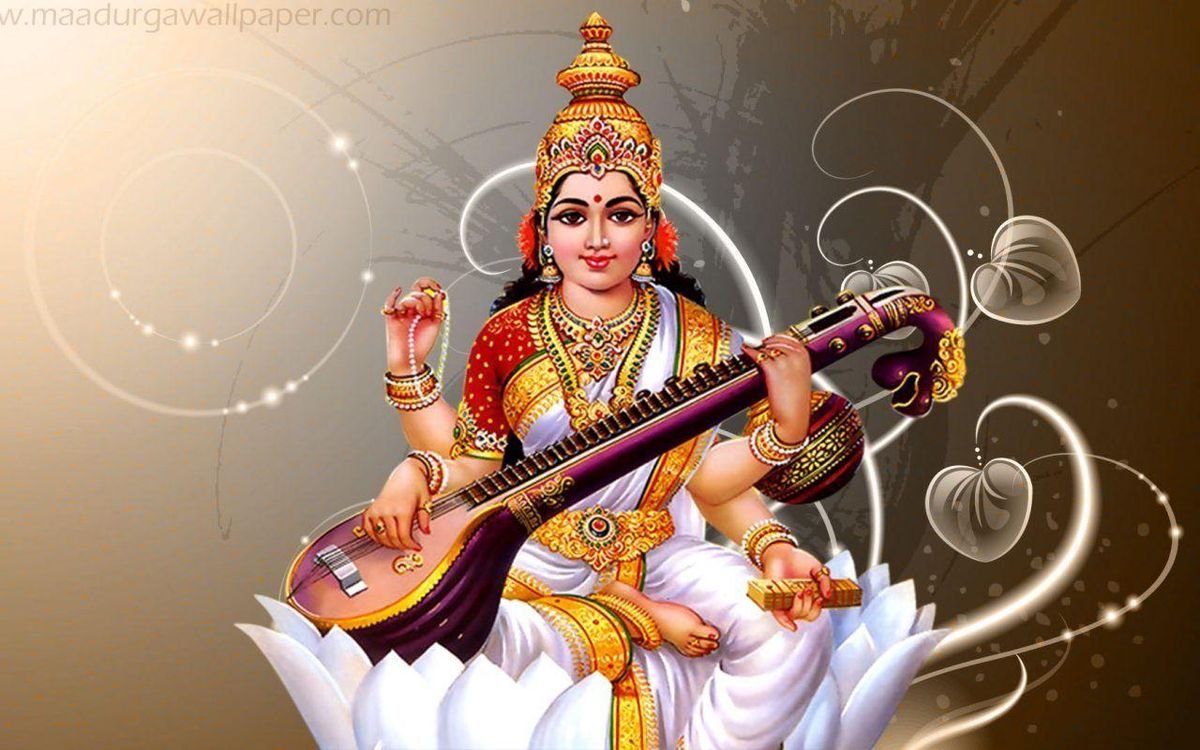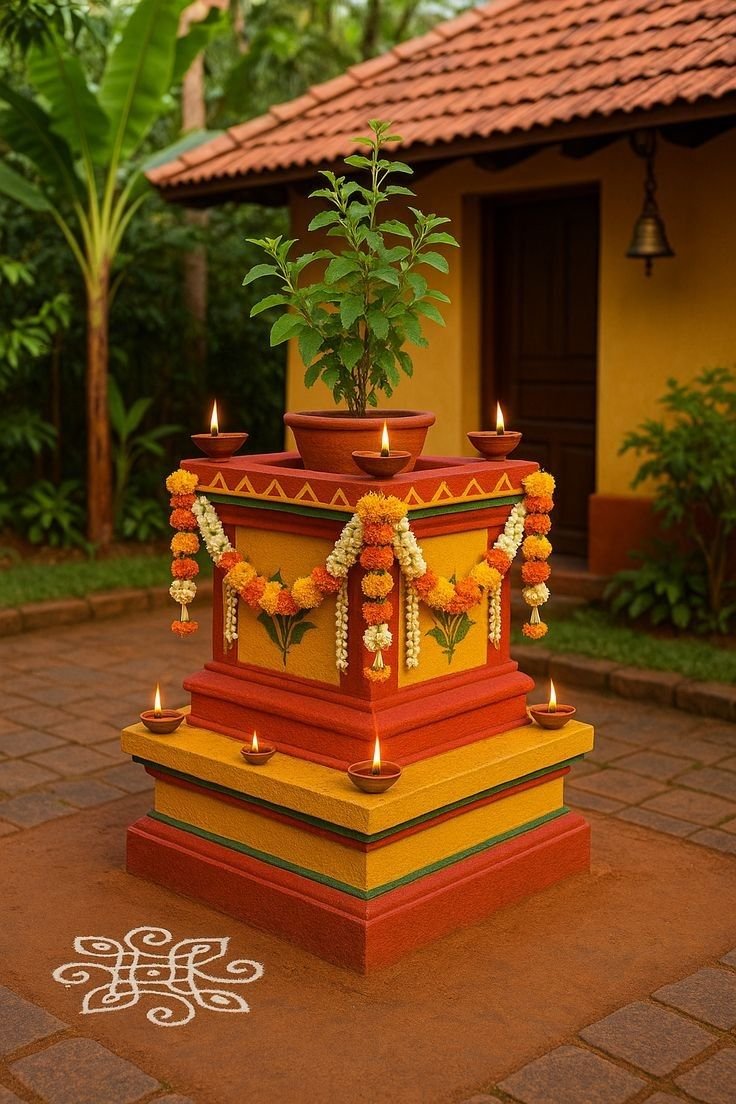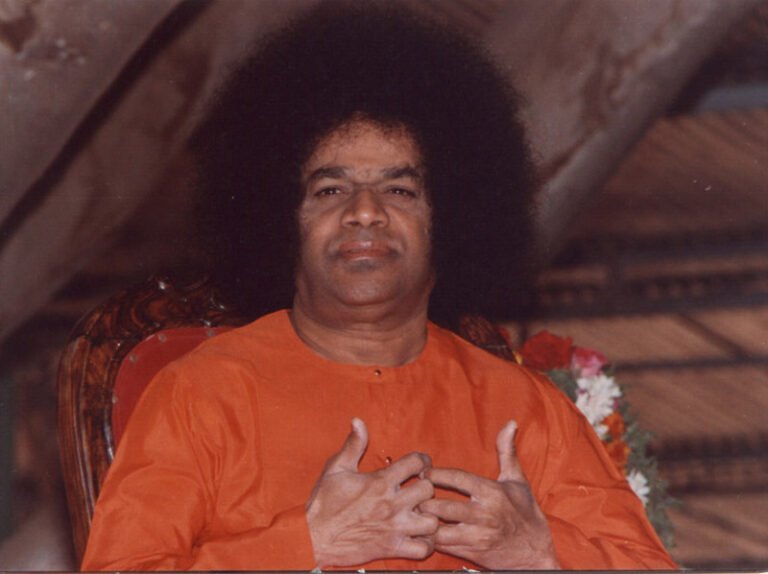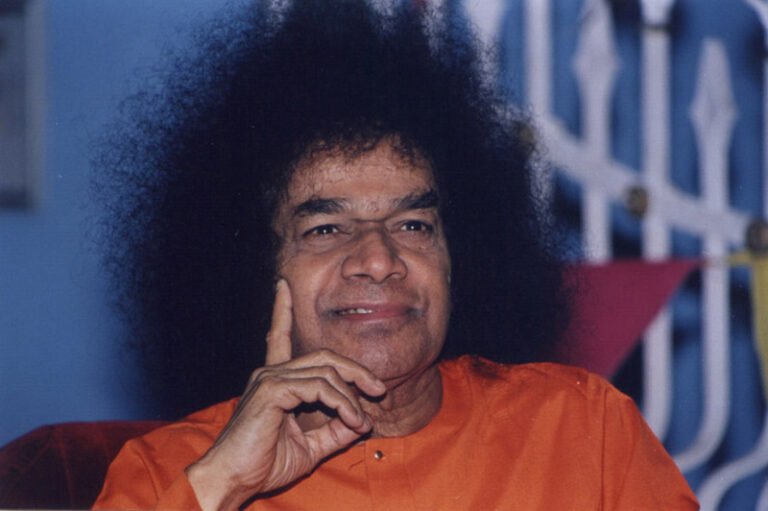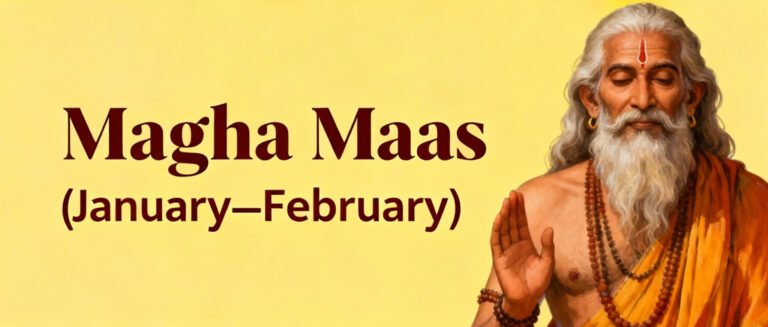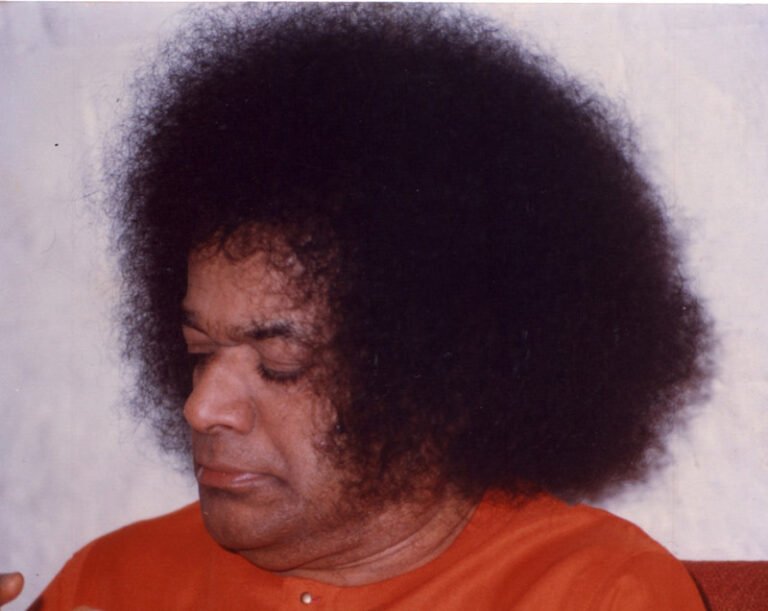Pausha (DecemberтАУJanuary)
Ekadashi In The Month Pausha (DecemberтАУJanuary)

ЁЯМЩ Saphala Ekadashi тАУ Krishna Paksha (Pausha Month)
Saphala Ekadashi (also spelled Safala Ekadashi) falls during the Krishna Paksha (waning phase of the Moon) in the month of Pausha (DecemberтАУJanuary). The word Saphala means тАЬfruitfulтАЭ or тАЬsuccessful.тАЭ Hence, this Ekadashi is believed to make oneтАЩs life successful, desires fulfilled, and sins destroyed through sincere devotion to Lord Vishnu.
It is one of the most auspicious Ekadashis, symbolizing how a life of faith and virtue leads to true success (saphalta) тАФ both material and spiritual.
ЁЯХЙя╕П Spiritual & Mythological Significance
The story of Saphala Ekadashi is narrated in the Brahmanda Purana. Once, there was a powerful and prosperous king named Mahaishmata, who had four sons. His eldest son, Lumpaka, was wicked, greedy, and disrespectful toward both his father and the divine laws.
Due to his sinful behavior тАФ theft, indulgence, and disrespect toward the gods тАФ the king banished Lumpaka from his kingdom. He began living in the forest, surviving by stealing from travelers.
One day, unknowingly, Lumpaka observed the Saphala Ekadashi fast. It was the Ekadashi tithi during which he could not find food and remained without eating or drinking throughout the day and night. The next morning, he collected some fruits and offered them to a sacred banyan tree (which symbolized Lord Vishnu).
Though he performed this act unintentionally, Lord Vishnu was deeply pleased with his simple offering and pure heart. The divine Lord appeared before Lumpaka and said:
тАЬBy observing the Saphala Ekadashi fast and worshipping Me, you have destroyed all your sins. Return to your fatherтАЩs kingdom; rule it with righteousness and devotion.тАЭ
Lumpaka returned home, was forgiven by his father, and later became a wise and just ruler who devoted his life to Lord Vishnu.
Thus, the Saphala Ekadashi came to symbolize forgiveness, renewal, and transformation through the LordтАЩs grace.
ЁЯМ╝ Importance of Saphala Ekadashi
- Destroys Past Sins: Observing this Ekadashi cleanses the heart and removes the effects of past misdeeds.
- Brings Success: As the name suggests, it makes oneтАЩs life тАЬfruitfulтАЭ тАФ spiritually and materially.
- Symbol of Renewal: It teaches that even a fallen soul can attain redemption through devotion.
- Grants Divine Blessings: Pleases Lord Vishnu, who bestows peace, prosperity, and happiness.
ЁЯкФ Rituals and Observances
1. Dashami (Day Before Ekadashi)
- Eat a simple sattvik meal before sunset.
- Avoid rice, lentils, meat, garlic, and onions.
- Prepare mentally and spiritually for the fast.
2. Ekadashi Day (Main Fast)
- Wake up early, bathe, and wear clean clothes.
- Set up an image or idol of Lord Vishnu, preferably as Narayan or Krishna.
- Offer Tulsi leaves, sandalwood, lamp, incense, flowers, and fruits.
- Chant Vishnu mantras such as тАЬOm Namo Bhagavate VasudevayaтАЭ or Vishnu Sahasranama.
- Observe Nirjala fast (without food and water) if possible, or Phalahar (fruits and milk) fast.
- Spend the day in bhajans, kirtans, and prayers.
- Refrain from negative speech, anger, or indulgence.
- At night, stay awake in Jagaran, singing devotional songs and remembering Lord Vishnu.
3. Dwadashi (Breaking the Fast)
- Break the fast after sunrise, after offering prayers to Lord Vishnu.
- Feed Brahmins or poor devotees.
- Donate food, fruits, or clothes to those in need.
ЁЯУЬ Scriptural Reference
In the Brahmanda Purana, Lord Krishna explains to Arjuna:
тАЬHe who observes Saphala Ekadashi with devotion obtains success in all undertakings. All sins are destroyed, and the devotee attains the highest abode тАФ Vaikuntha.тАЭ
ЁЯМ║ Spiritual Meaning
Saphala Ekadashi teaches that true success is not found in wealth or power but in devotion, righteousness, and humility. Even a sinner like Lumpaka can be purified and blessed when he turns toward Lord Vishnu with faith and sincerity.
The Ekadashi inspires us to awaken the divine within, to let go of arrogance, and to live a life of gratitude and purity.
тЬи Essence of Saphala Ekadashi
Leads to moksha (liberation) and freedom from sins
Symbol of success, forgiveness, and renewal
Brings prosperity and peace through devotion to Lord Vishnu
A day to transform oneтАЩs heart and seek divine grace

ЁЯМЩ Putrada Ekadashi тАУ Shukla Paksha (Pausha Month)
Putrada Ekadashi тАФ also known as Pavitropana Ekadashi or Pausa Putrada Ekadashi тАФ occurs during the Shukla Paksha (waxing phase of the Moon) in the month of Pausha (DecemberтАУJanuary).
The word тАЬPutradaтАЭ literally means тАЬgiver of sonsтАЭ or тАЬbestower of progeny.тАЭ It is believed that observing this Ekadashi with faith brings blessings for children, family happiness, and continuity of lineage.
However, the deeper spiritual meaning of Putrada is the bestowal of divine virtues and spiritual heirs тАФ meaning that Lord Vishnu blesses devotees with the spiritual strength and wisdom to lead a righteous life and pass dharma (virtue) to the next generation.
ЁЯХЙя╕П Spiritual & Mythological Significance
The story of Putrada Ekadashi is narrated in the Bhavishya Purana.
Once upon a time, there was a pious king named Suketuman who ruled the kingdom of Bhadravati. Despite his wealth and devotion, he was deeply saddened because he had no children. His queen Shaibya too shared his sorrow, as they feared their dynasty would end without an heir.
One day, tormented by grief, the king left his palace and wandered into the forest. After some time, he reached the ashram of several wise sages, who were performing penance on the banks of Manasarovar Lake.
Seeing the kingтАЩs despair, the sages inquired about his suffering. When he revealed his sorrow of being childless, the sages compassionately told him that it was Putrada Ekadashi, a most auspicious day dear to Lord Vishnu. They instructed him to observe a strict fast, worship Lord Vishnu with devotion, and pray for a worthy child.
The king and queen observed the fast as advised. Pleased with their devotion, Lord Vishnu appeared in the kingтАЩs dream and blessed him, saying:
тАЬBecause you have observed Putrada Ekadashi with pure faith, you shall be blessed with a virtuous son who will continue your lineage and bring glory to your name.тАЭ
In due course, a radiant son was born to them тАФ intelligent, righteous, and devoted. Thus, this Ekadashi came to be known as Putrada Ekadashi, the one that fulfills the heartfelt prayers of parents.
ЁЯМ╝ Importance of Putrada Ekadashi
- Blessing for Progeny: Devotees pray for a righteous and healthy child.
- Family Harmony: Promotes peace, love, and understanding within the household.
- Spiritual Inheritance: Bestows divine virtues and ensures continuation of righteous traditions.
- Purification of Sins: Fasting on this day purifies mind, body, and soul.
- Attainment of Moksha: Those who observe it with devotion ultimately attain Vaikuntha (the abode of Lord Vishnu).
ЁЯкФ Rituals and Observances
1. Dashami (Day Before Ekadashi)
- Eat a light sattvik meal before sunset.
- Avoid rice, lentils, garlic, onions, and heavy foods.
- Maintain calmness, devotion, and self-restraint.
2. Ekadashi Day (Main Fast)
- Wake up before sunrise, take a purifying bath, and wear clean clothes.
- Decorate the altar with flowers and Tulsi leaves.
- Offer prayers to Lord Vishnu, especially in His Janardana form.
- Offer incense, lamps, fruits, and sacred water.
- Chant mantras such as тАЬOm Namo Bhagavate VasudevayaтАЭ or recite Vishnu Sahasranama.
- Observe Nirjala (without water) or Phalahar (fruits and milk) fast depending on capacity.
- Spend the day in devotional activities, bhajans, and meditation.
- Avoid anger, falsehood, and indulgence.
- At night, stay awake in Jagaran, singing Lord VishnuтАЩs praises.
3. Dwadashi (Breaking the Fast)
- Break the fast after sunrise the next morning.
- Offer food and charity to Brahmins or needy devotees.
- Pray for the welfare of family and ancestors.
ЁЯУЬ Scriptural Reference
In the Bhavishya Purana, Lord Krishna tells King Yudhishthira:
тАЬHe who observes Putrada Ekadashi with devotion is freed from all sins. By My grace, he obtains a virtuous child, happiness, and ultimately attains My eternal abode.тАЭ
ЁЯМ║ Spiritual Meaning
Though this Ekadashi is often associated with the desire for children, its deeper essence lies in the birth of divine wisdom within the devotee.
Lord Vishnu, the sustainer of the universe, grants spiritual progeny тАФ pure thoughts, selfless deeds, and inner strength that carry forward the light of Dharma.
Putrada Ekadashi reminds us that the greatest inheritance we can give is not material wealth, but spiritual knowledge and devotion.
тЬи Essence of Putrada Ekadashi
Leads to purification and liberation through Lord VishnuтАЩs grace
Symbol of fertility, blessings, and spiritual renewal
Ensures continuity of dharma and righteous legacy
Bestows peace, happiness, and family prosperity

